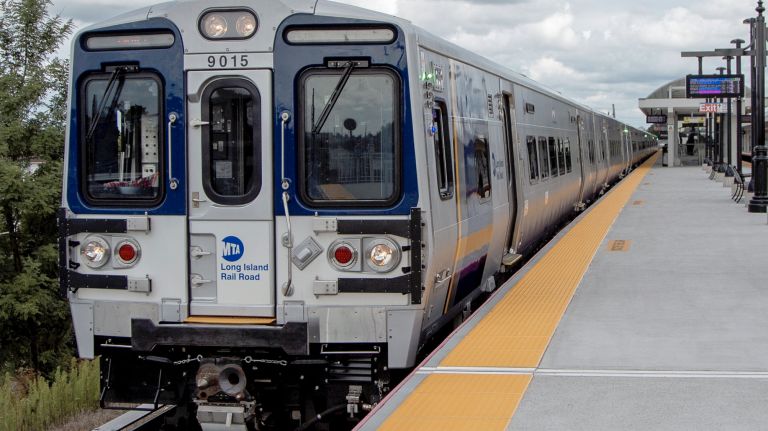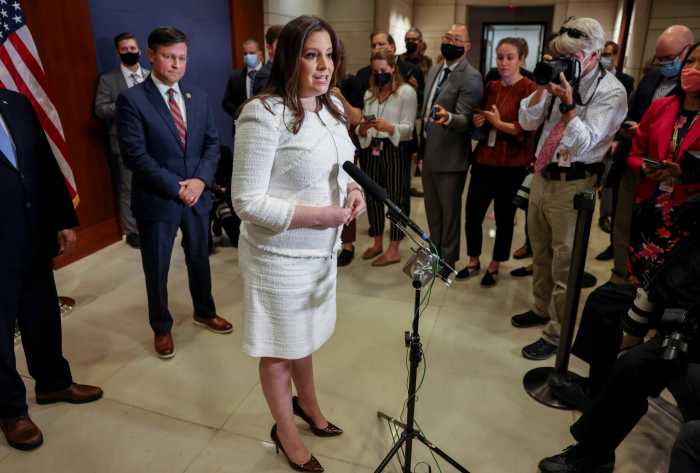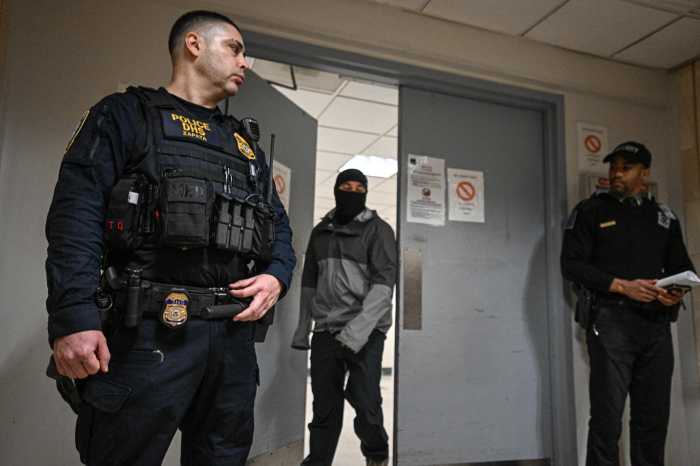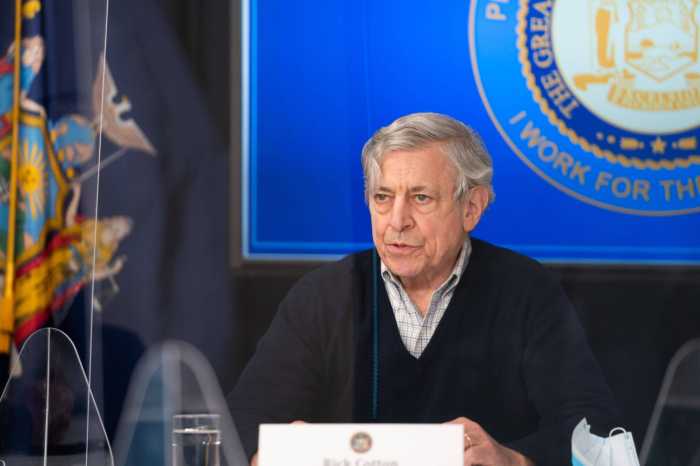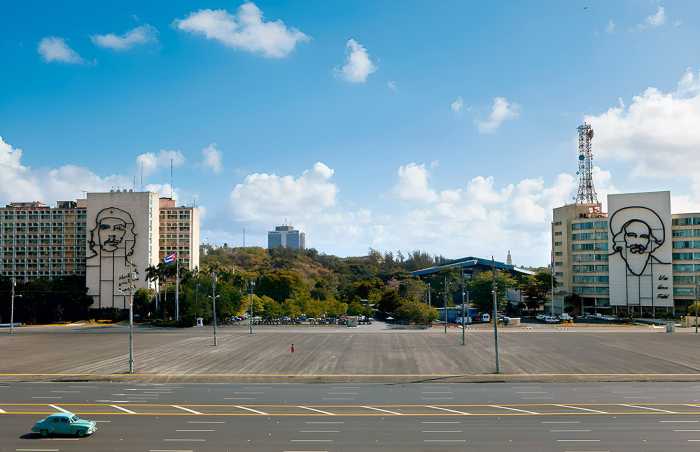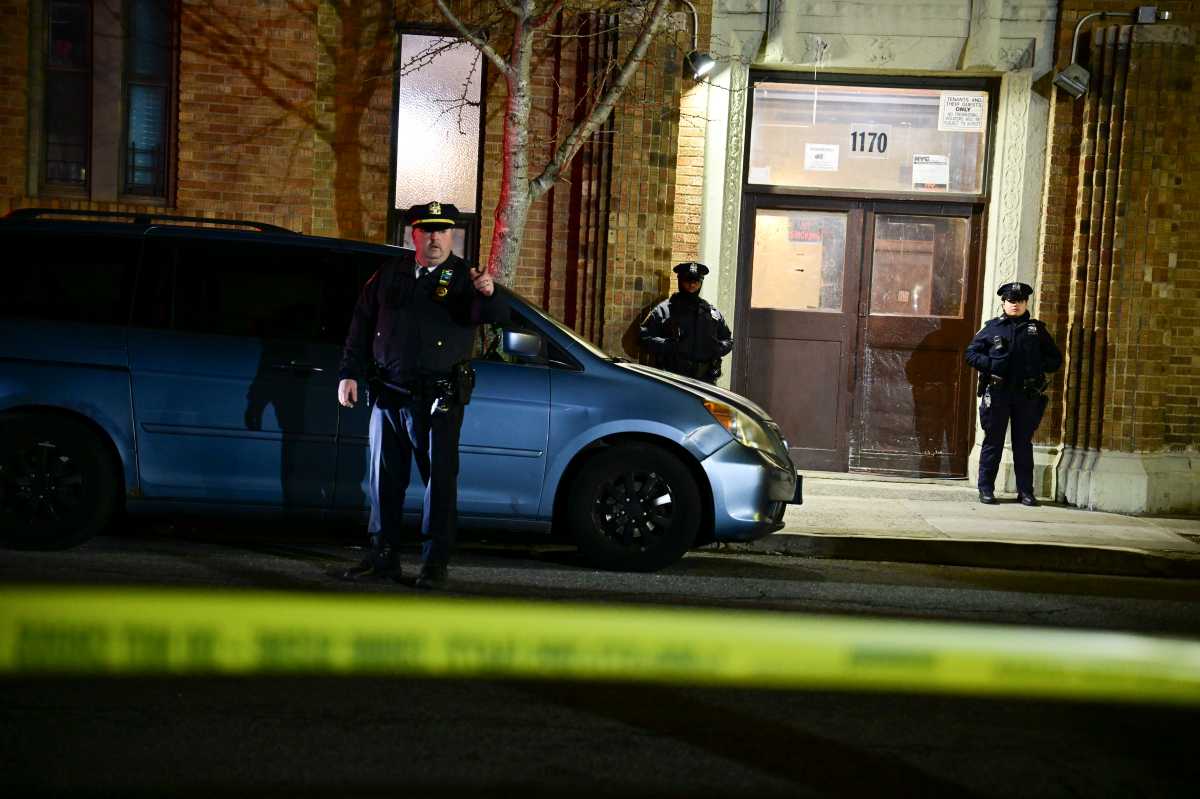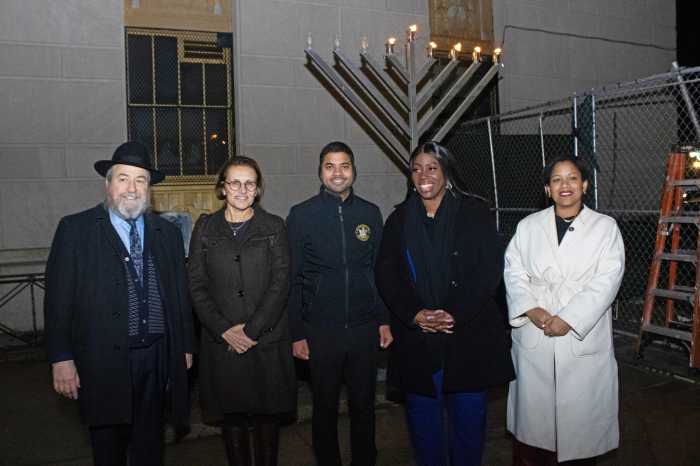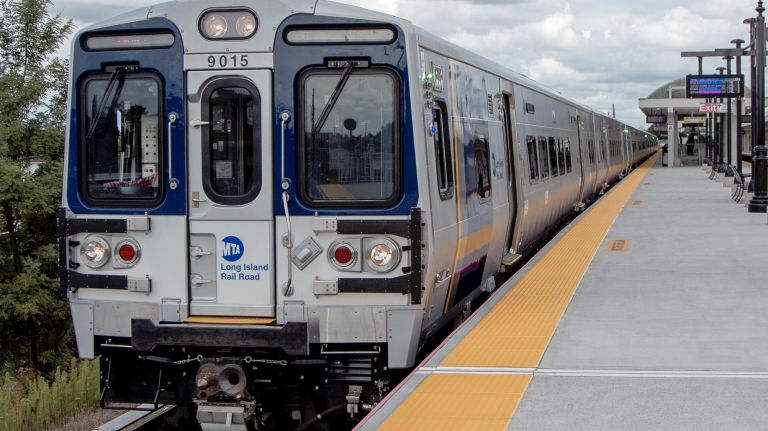
Next stop for the MTA’s proposed $51.5 billion capital plan to improve regional transit: the Capital Program Review Board.
The CPRB’s approval is critical for the modernization of the subways, new buses and elevators, and more. Too often, the work of the board, which includes members selected by the governor, mayor, State Assembly speaker and State Senate majority leader, is a backroom process. That has to change so all commuters are well served.
According to a report by city Comptroller Scott Stringer, there are 38 commuter rail stations in the Bronx, Brooklyn and Queens, including 25 LIRR stops. The next MTA capital plan addresses some of their needs — for instance, adding elevators to six key stations in Queens.
Stringer urges expanding LIRR and Metro-North service by having the trains stop more often in the boroughs, charging the $2.75 fare for any MTA trip in the city, and adding bus service to commuter rail stations.
While there are challenges to achieve these proposals, commuter rail should be an attractive alternative for city residents. And it is shortsighted to pit commuter rail systems against one other. There is a $1 billion capital-funding discrepancy between the LIRR and Metro-North, and some folks in Westchester are complaining. But the LIRR’s extra money will help finish its third-track project and the East Side Access connection to Grand Central Terminal, which will benefit NYC residents and Metro-North, too.
Taking from the LIRR to give to Metro-North isn’t the answer. As of now, all CPRB board nominees are city voices. A suburban representative who can emphasize the LIRR’s needs is vital. If there’s not one, Gov. Andrew Cuomo’s idea to have the elected officials serve on the board may be the way to go. Beyond that, the CPRB needs more open meetings and accountability.
The CPRB must approve the capital plan by Dec. 30. Then the State Legislature will take it up. Throughout, lawmakers must make sure the LIRR keeps its $5.7 billion share, and that ways to improve how the railroad serves Queens and Brooklyn commuters get priority.



